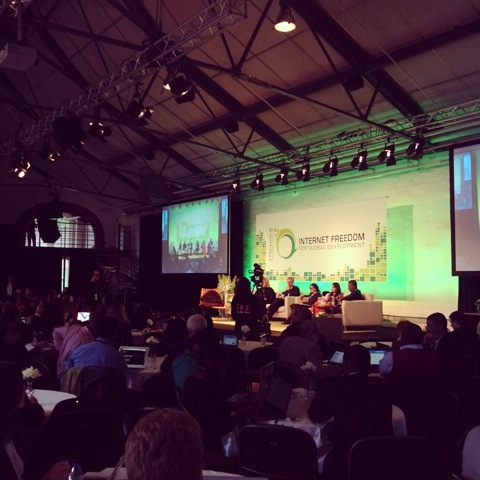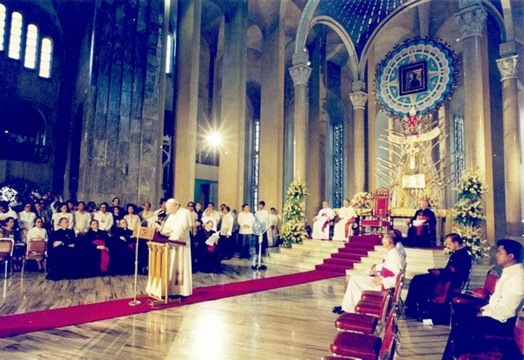I’m joining the battle for the internet today, Sept. 10, to protect net neutrality. You should too. We […]
Category: Uncategorized
A year after Edward Snowden exposed massive U.S. spying practices and just five months after Turkey blocked Twitter and […]
ISTANBUL – One of the topics in the ninth Internet Governance Forum here in Turkey is the “digital […]
ISTANBUL – The ninth meeting of the Internet Governance Forum opened September 2nd and runs until the 5th […]
Here are my prepared remarks and deck for the keynote speech at #Linangan2014, a Luzon-wide campus journalism seminar-workshop […]
The second Geeks on a Beach (GOAB) conference held at Mövenpick Hotel, Lapu Lapu City, Cebu provided time […]
History will once again be made in the great city of Cebu: Stalwarts of the anti-pork barrel movement will […]
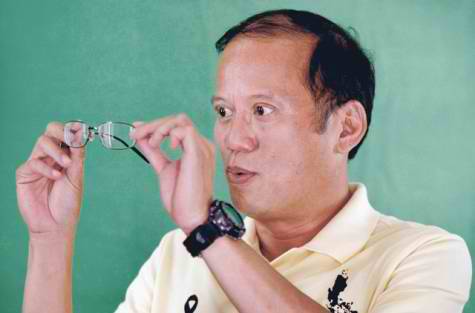
Megalomania is defined as “a psychopathological condition characterized by delusional fantasies of power, relevance, omnipotence, and by inflated self-esteem”.
Sounds familiar, right? Megalomania comes to mind as we read and try to understand the news about President BS Aquino’s desire for a term extension. Moreover, in the process of amending the Constitution to lift the ban on presidential term extensions, BS Aquino also said he supports limiting the powers of the Supreme Court.
Some would argue that megalomania is a sign of lunacy on the part of BS Aquino. But I disagree.
For a long time now, the government has let go of its important role in the electricity, oil, and telecommunications sectors. The dominant view is that these sectors work and serve everyone better with only little or no state role in them.
[View the story “Donate, volunteer, help: #ReliefPH after #GlendaPH” on Storify]
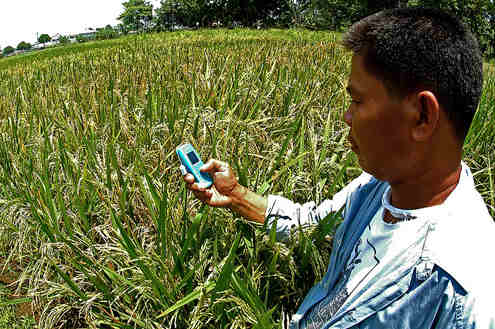
The Philippines’ de facto messaging standard is still text messaging. Most Filipinos have at least one phone and could be reached by relatives, friends, schoolmates and officemates via text message.
While not all may have data subscriptions to be able check extreme weather news on Twitter or the websites of PAGASA and Project NOAH, the government knows for a fact that it could easily, cheaply and quickly send text messages to citizens.
Enter Republic Act 10639, otherwise known as the Free Mobile Disaster Alerts Act, which was enacted into law on 20 June 2014.
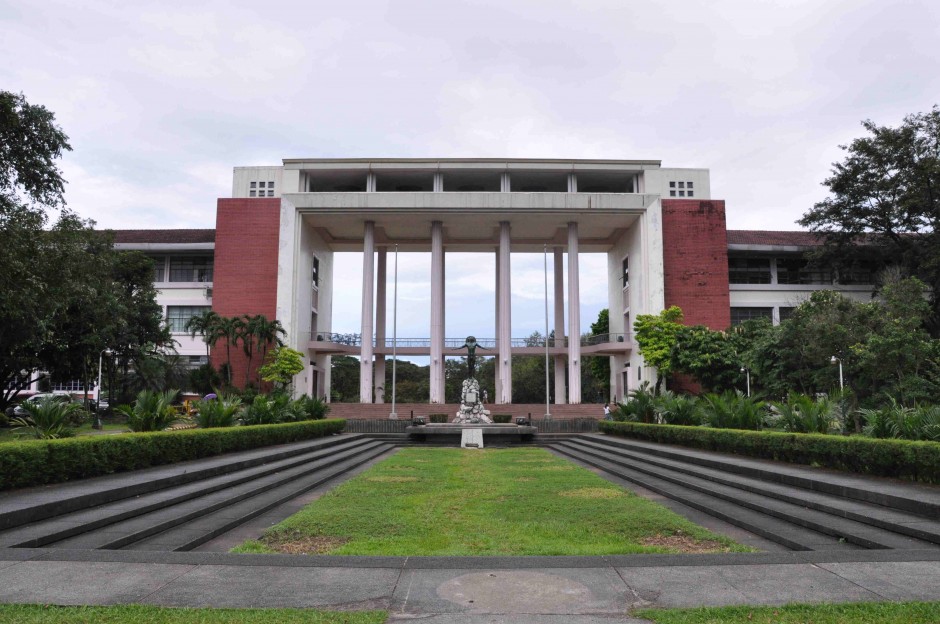
The January-March 2014 issue of Budget Facts and Figures, a newsletter released by the Senate’s Legislative Budget Research and Monitoring Office, reveals that the government expects state colleges and universities (SCU) to generate an income of P7.3-billion from tuition fee collections and another P4.04-billion in “other income collected from students” for fiscal year 2014.
These two items comprise 70.5 percent of expected total SCU income of P16.08-billion for 2014.
Here are my *prepared* remarks for the Unconference 2 session at the Stockholm Internet Forum, held on May 27.
President BS Aquino boasted at the World Economic Forum in East Asia his government recently hosted in Manila that there has been an economic miracle. Not a few visitors agreed with him.
But up to now, we wonder which country President BS Aquino was describing. Filipinos feel that if there is any economic growth, it has not been inclusive. Only multinational corporations and big local businesses and big landlords have benefited from it.
The internet could be an open forum for democratic debate in the Philippines. We want to go online and discuss the claims of President BS Aquino and ask for government records to verify his allegations. We want to freely, openly and actively participate in governance and in nationbuilding but…

In an apparent offering to visiting President Barack Obama, the Philippines and the U.S. signed the new Enhanced Defense Cooperation Agreement on April 28, 2014 at Malacanan Palace, within an hour from the U.S. chief executive’s arrival in Manila.
Here is the full text of EDCA:

If you care about peace, and would like to see the peace talks between the government and the communist rebels to resume, this post is for you — as well as my column today at the Manila Bulletin.
The formal peace negotiations between the Government of the Republic of the Philippines (GPH) and the National Democratic Front of the Philippines (NDFP) started anew under President Fidel V. Ramos in the mid-1990s.
In 1994, while the GPH and NDFP were both busy propelling the talks, the GPH forces captured the NDFP’s Wilma Austria. Then-President Fidel V. Ramos visited her in detention and ordered her release, along with several other political prisoners.
On April 4, I joined my friend Kiko Acero at a panel discussion on “blogging and activism” at the 10th Philippine Blogging Summit at the University of the Philippines’ Malcolm Hall.
Bloggers should continue to use their popularity and influence for activism.
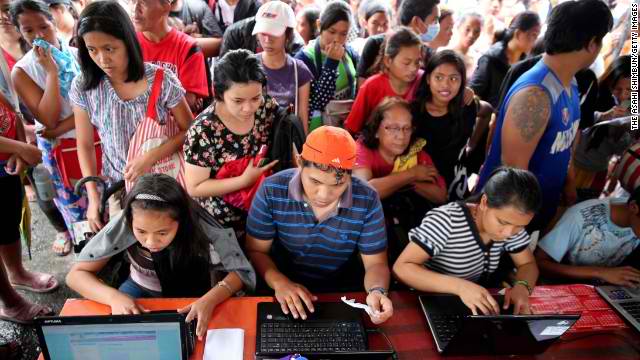
Today, March 29, 2014, the Philippines celebrates the 20th anniversary of our first internet connection.
One way to mark it is to list down important dates from March 29, 1994 as well as the big innovations, big celebrities, big launches, big victories, and big milestones we all won online and offline, thanks to having access to the internet. Of course, we must also try to know the history of PH internet, starting with the efforts spanning many years and involving so many people until we for our first link to the internet.
For me, though, the most lasting and most profound impact of the internet is that we rediscovered we each and all have a voice.
Here is a copy of the remarks I made at the hearing today, March 3, called by the Senate science and technology committee, regarding bills seeking to amend the Cybercrime Law.
This hearing coincides with the Oscars. Netizens are busy watching the world’s biggest celebrities parade on the red carpet.
Dear senators, please roll out the red carpet for Internet freedom. Roll back, repeal the Cybercrime Law’s worst provisions.
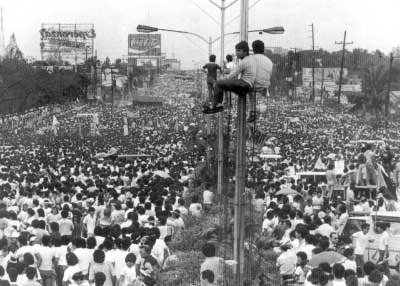
I keep on seeing “unfinished revolution” in media reports about the 28th anniversary of the EDSA People Power Uprising. I find it annoying and offensive for promoting, unwittingly or wittingly, the idea or premise that everyone gave up and no one has bothered to carry the revolution forward.
It sounds as ritualistic and as empty as the EDSA anniversaries sponsored by government, which focus entirely on the date and the form, while conveniently and opportunistically glossing over the substance of the uprising.
Take this year’s EDSA anniversary No. 28.
Coming days after it was first announced, the Supreme Court today (February 21, 2014) finally released its decision on the 15 separate petitions seeking to void the Cybercrime Prevention Act of 2012:
We the Bloggers and Netizens for Democracy (BAND), composed of petitioners in G.R. 203469, are going back to the Supreme Court soon to file a “motion for partial reconsideration” regarding its decision on the draconian Cybercrime Law.
For while we are happy that the court partially agreed with us by voiding the provisions on warrantless real-time data spying, arbitrary taking-down of websites, and double jeopardy, our view is that the court has “unfinished business” to settle in order to protect citizens’ basic right to free expression, whether offline or online.
